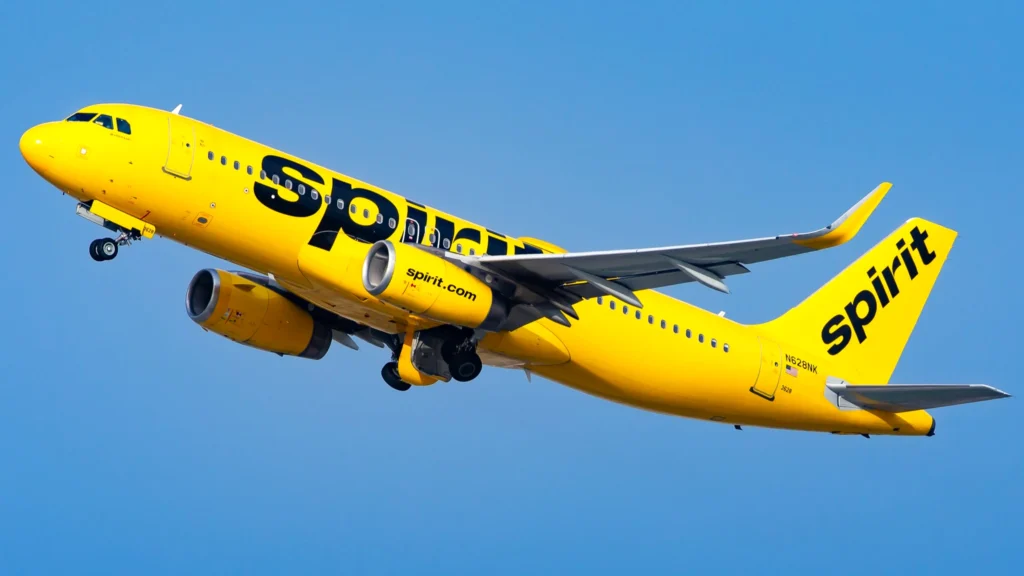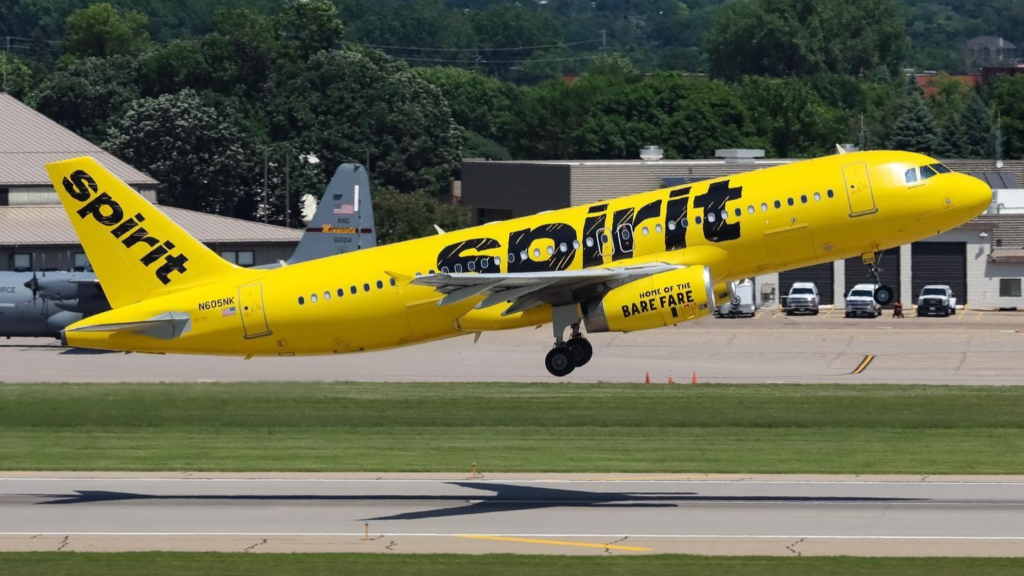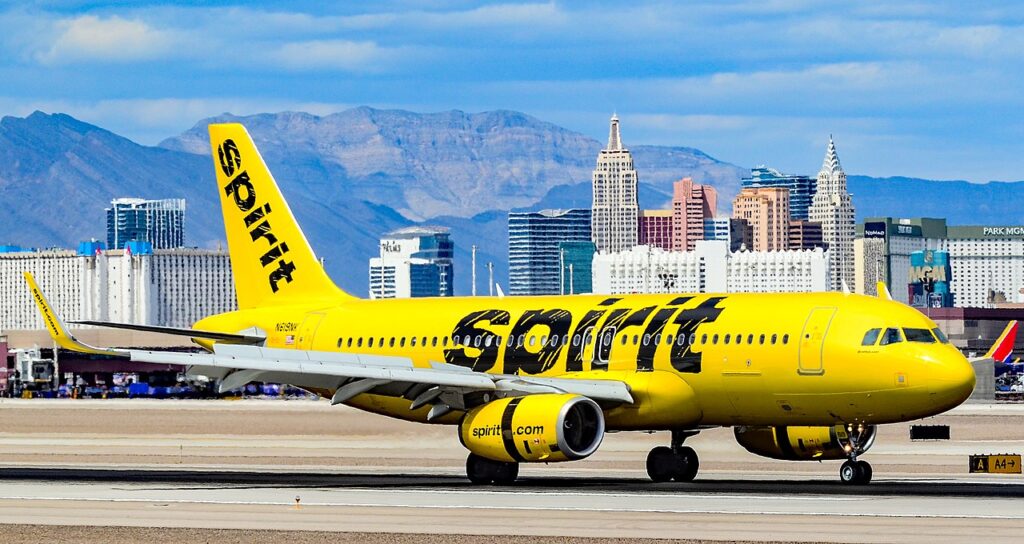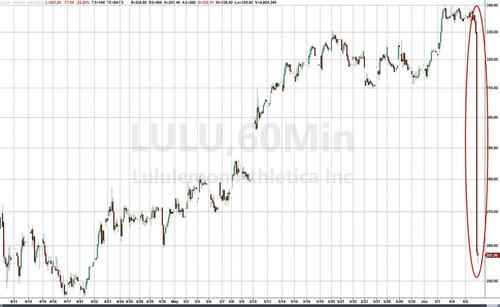
FLORIDA- Spirit Airlines (NK) has signaled potential delays or cancellations of Airbus A320neo-family aircraft orders due to escalating tariffs on European Union (EU) imports.
The airline, which operates primarily from Fort Lauderdale-Hollywood International Airport (FLL), cites trade tensions as a key risk to its fleet planning and financial recovery.
The low-cost carrier, fresh from Chapter 11 restructuring, disclosed in an SEC filing that new tariffs could raise costs on Airbus (EU) aircraft and parts.
This risk, combined with economic uncertainty and price volatility, may force Spirit Airlines (NK) to scale back its planned deliveries.
 Photo: Clément Alloing
Photo: Clément AlloingSpirit Airlines Airbus Orders
Spirit Airlines operates an all-Airbus fleet and is heavily dependent on imports from the European Union.
The current 10% tariff on EU goods—imposed under the U.S. government’s trade policy—could rise to 20% if the 90-day suspension, initiated on April 9, expires without extension. These increases directly affect the cost of aircraft and replacement parts.
The airline expressed concern that rising tariffs would have “a material adverse effect” on its financial health, operations, and growth. The uncertainty of tariff duration and scale adds pressure as the ULCC continues to navigate post-restructuring challenges.
According to its recent 10-Q filing, Spirit may postpone or cancel some of its 92 scheduled aircraft deliveries through 2031, including four Airbus A320neo-family jets set for 2025. These changes would affect its long-term strategy to expand and modernize its fleet to remain cost-competitive.
 Photo: JFK spotting | Instagram
Photo: JFK spotting | InstagramSupply Chain Uncertainty
As of 2025, Spirit operates a fleet of 213 aircraft:
- 63 Airbus A320s
- 91 Airbus A320neos
- 29 Airbus A321s
- 30 Airbus A321neos
All of these aircraft are produced by Airbus, based in the EU, making Spirit particularly vulnerable to transatlantic trade disputes. The airline depends on steady access to EU-manufactured parts for maintenance and operational reliability.
Tariffs could also disrupt the supply chain and raise input costs. In addition, commodity price volatility, shifts in consumer spending, and weaker demand could further hinder Spirit’s financial recovery.
 Photo: By Tomás Del Coro from Las Vegas, Nevada, USA – N619NK Spirit Airlines Airbus A320-232 s/n 5517, CC BY-SA 2.0, https://commons.wikimedia.org/w/index.php?curid=77926311
Photo: By Tomás Del Coro from Las Vegas, Nevada, USA – N619NK Spirit Airlines Airbus A320-232 s/n 5517, CC BY-SA 2.0, https://commons.wikimedia.org/w/index.php?curid=77926311Competitive Pressure
Spirit’s warning comes amid intense competition from major U.S. carriers that now offer low-cost fare options. These larger airlines have saturated the domestic market with cheap seats, undercutting ULCCs like Spirit.
In Q1 2025, Spirit reported a $289 million operating loss but a $61 million net profit, largely due to accounting gains following its Chapter 11 exit. The airline restructured its finances in March but remains under pressure to stabilize operations.
With tariffs increasing aircraft acquisition costs and rivals crowding the low-fare segment, Spirit must navigate a difficult path forward.
Stay tuned with us. Further, follow us on social media for the latest updates.
Join us on Telegram Group for the Latest Aviation Updates. Subsequently, follow us on Google News
Spirit Airlines Retires Last Airbus A319, Cuts 200 Jobs
The post Spirit Airlines Can Cancel Airbus A320neo Orders Amid US Tariffs appeared first on Aviation A2Z.













